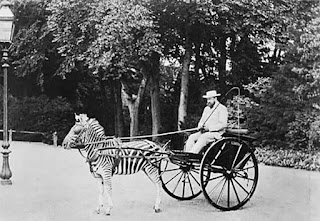Tourism at Chernobyl

First Posted: 16th September 2015 In Industry Trends And Critical Analysis Andrew Taylor discusses tourism at Chernobyl and its repercussions 70 years ago, on August 6th 1945, the USA dropped an atomic bomb on Hiroshima, followed by another on Nagasaki, just days later on August 9th. This attack was to become the last major act of World War II, killing over 120,000 people at first impact and over 100,000 more who later died from radiation poisoning. This kind of devastation has been surpassed by few events, however, in April 1986, one of four nuclear reactors at the Chernobyl power station exploded, releasing at least 100 times more radiation than the atom bombs dropped on Nagasaki and Hiroshima. This site is now a tourist attraction. However, there is an argument that this tragic heritage site created multiple, structured narratives and can be used as a standard for renewed social understanding, education and environmental awareness as they are undoubtedly a vital part of human hi
